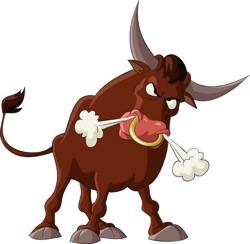You’re Not Your Reactions
 Here’s something we all have in common: We react.
Here’s something we all have in common: We react.
The best definition I can come up with for react is “Re-act.” We’re like an actor who has one gear. He re-acts the only role he knows no matter what the movie. (Think Steven Seagal).
Similarly, when we react, we do it the same way every time. Doing so, limits our choices and limits our options – not a great combination.
What do you react to the same way every time? If it’s crying while peeling onions, that’s an involuntary reaction and nothing to be concerned about.
But what about the reactions we’ve been conditioned to? Is there something someone can say or do that you have the same reaction to every time and vice-versa? If you’ve ever been married, it doesn’t take you too long to come up with the answer “Yes.”
Did you ever notice those reactions go nowhere new? You are stuck re-acting a movie you’ve seen a thousand times.
Here’s the good news: You’re not your reactions. You’re deeper than that.
You have a depth of responses to the triggering stimulus that you hardly ever use. When you take the time to respond, you’ll find that you overreact less and less.
“I’m a hot head, my mother was a hot head and my grandfather was a hot head; that’s just the way I am.” No you’re not. You just act like a hot head. You’ve conditioned yourself to react.
You can act in other ways and it will take some noticing on your part. Notice your same reaction about to come up and interrupt it. It’s that interrupting wedge between stimulus and reaction that will get you to the deeper land of response.
Reacting only gives you one option and the same, stale results you got before. Responses expand your horizons and present you with additional options. These new options, when acted upon, get you to play a different character with more depth and less angst.
All the best,
John
Be Sociable, Share!
